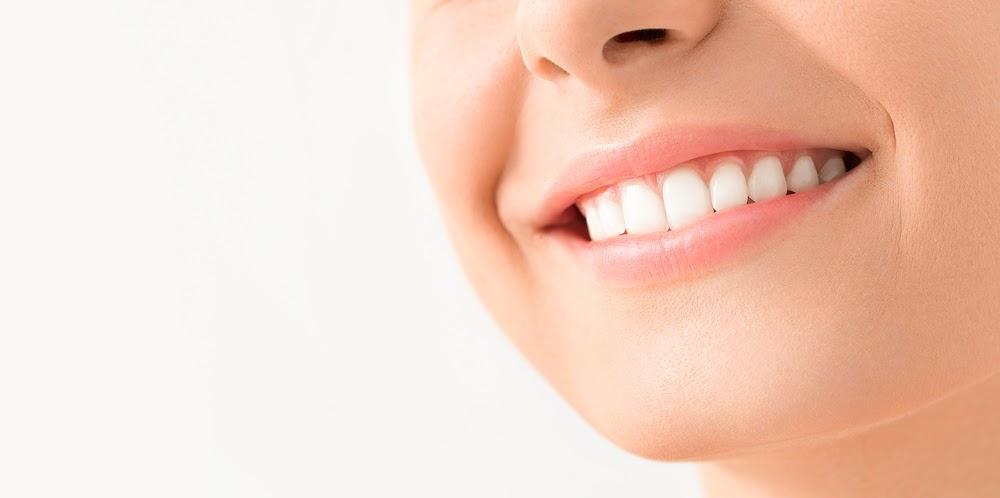When I wake up in the morning I brush my teeth before I sleep at night I brush my teeth. Why? Well it is because I like to think of my mouth as clean and I like to feel the cleanliness of my teeth with my tongue. Don’t you like to think of your mouth as a clean place? I was astonished to lean that just because my mouth felt “clean” didn’t mean it was sterile. The best oral hygiene strategy in the world cannot rid the mouth of bacteria and in my opinion this is not always bad (more about this later).
Think about the environment that is your mouth dark, wet, and warm. This climate with the occasional meal running through it is probably one of the best places bacteria have to live. It has been estimated that the average human mouth has over 400 species if bacteria, their combined populations total to billions and billions of distinctive organisms, (Stevens J. It’s a jungle in there. BioScience, 1996:46:1-5).
The good news is that most oral bacteria are not harmful. Many oral bacteria are helpful. This is definitely good news! What this means is that we need not worry about eliminating all bacteria in our mouths. Some mouth washes do eliminate all bacteria for a short amount of time, but this is not necessarily safe.
What xylitol enables us to do is to focus killing specific bacteria – such as S. Mutans, the biggest bacterial culprit when it comes to tooth decay. Still other bacteria cause periodontal disease which attack the gums and bone that surround and support the teeth.
Why fight S. Mutans?
They turn sucrose into acid.
It is important to focus on controlling S. Mutans. S. Mutans ferment carbohydrates and sugars into an acid. Grapes are fermented into wine, but sucrose is fermented into a much less palatable product- lactic acid. Our pH level decreases in our mouths shortly after the consumption of sucrose based candy and chewing of gum.
Acid eats away tooth enamel.
Although tooth enamel is a very hard tissue, it is very vulnerable to acid. Acid produced by bacteria breaks away tooth enamel much like acid rain corrodes marble structures. Tooth decay caused by acid is called demineralization.
Demineralization constantly occurs very slowly while it is constantly balanced by remineralization. Teeth are able to remodel themselves by adding minerals-especially calcium- into the enamel. However, remineralization may only occur when conditions inside of the mouth are not too acidic.
As long as the mouth’s pH level is not too acidic, the mouth is able to cover newly formed small cavities with new enamel. Although they may not be able to completely fill a hole of a cavity it usually is able to seal the cavity from further erosion. Remineralization cannot succeed when acid producing S. Mutans are not kept under control.
As you may have noticed our body as an method for fighting cavities on its own, all we need to do is empower our own bodies to heal it self.
S. mutans thrive in an acidic environment.
Not all bacteria can survive in an acidic environment. S. Mutans are able to. S. Mutans secrete acid themselves and are able to live in acid. In a way, it is survival of the fittest- the acidic environment that S. Mutans create allows them to be able to take over environments unto themselves by killing other weaker and less harmful bacteria with their acid. This is the method in which S. Mutans are able to become stronger, they kill all the competition and multiply.
They turn sucrose into sticky plaque.
As I have mentioned before many bacteria are not harmful. They can be easily washed out of the mouth with saliva or food. Saliva balances acid because it contains alkaline properties. Acid produced by bacteria like S. Mutans is not harmful until it has concentrated a specific area which is exactly why sucrose can be devastating to your teeth.
Sucrose is the only carbohydrate that can be changed by S. Mutants into polysaccharides. When the S. Mutans secrete this type of carbohydrate they are covered with a sweet and sticky substance. This allows them to stick to anything- especially dental enamel.
Polysaccharides produced from sucrose hold bacterial colonies together that form dental plaque. We all know that plaque is harmful and leads to cavities. Plaque forms at the surface of the tooth. Plaque actually helps bacteria and acid by protecting it from saliva, which could neutralize the acid on contact. Instead, the acid is allowed to eat away at the tooth.
They store sucrose.
Dental plaque breaks down sucrose quickly. Lactic acid levels increase quickly when any piece of sucrose candy or gum is put in the mouth. Bacteria can unfortunately store sucrose inside of polysaccharide cells to use when we are eating less sugar.
This is why we brush, floss, and now eat and chew xylitol. What is xylitol? Well in short it provides a non sticky surface on your teeth allowing this plaque to slip on by, never clinging and thus never eating at your teeth.
Tips to keep your mouth clean:
- Brush your teeth twice a day (and in between meals)
- Brush/scrape your tongue: Bad breath is very normal in people having uncleaned tongues apart from their uncleaned teeth. Accumulation of food particles and bacteria on the tongue can be a primary cause of this halitosis
- Mouth wash: Mouth Wash is the easiest way to keep your breath and mouth free from bacterial accumulation
So be sure to keep that mouth clean!







Be First to Comment